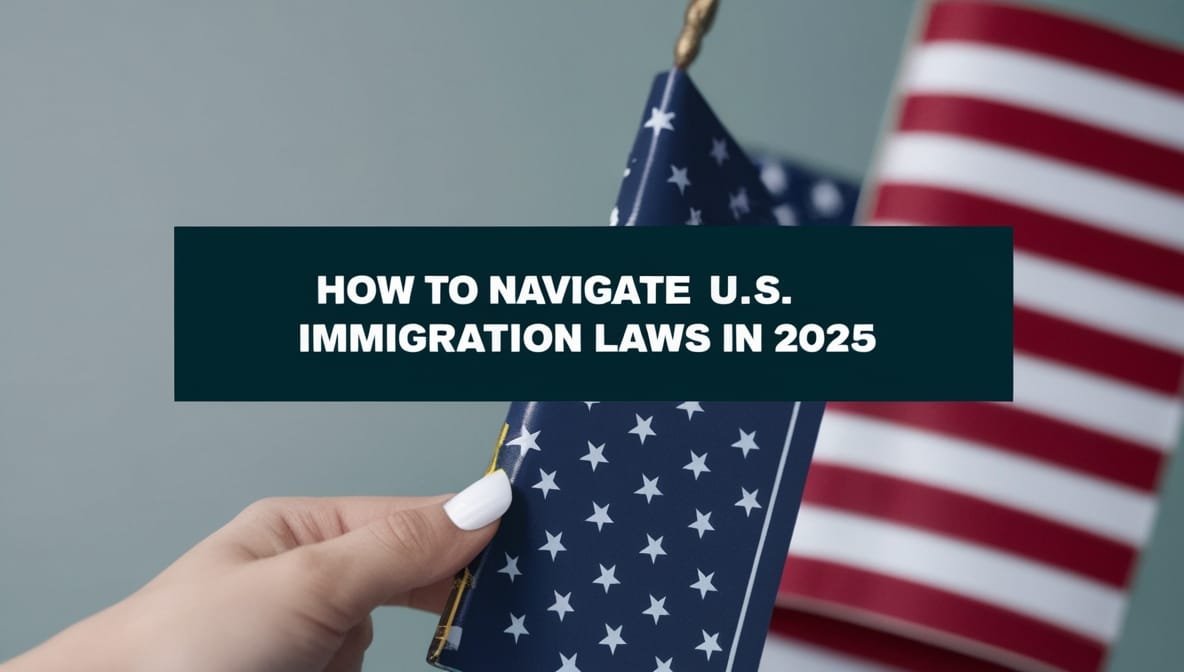NJ Uniform Commercial Code Traffic Violations : Driving in New Jersey means knowing the laws of the road. The New Jersey Uniform Commercial Code (NJUCC), specifically Title 39 – Motor Vehicles and Traffic Regulation, outlines these rules. This guide covers the basics of Title 39, including definitions, enforcement, and penalties for traffic violations.
Knowing the nj title 39 cheat sheet is crucial for all drivers in New Jersey. It helps you understand the state’s traffic laws. By learning the nj title 39 definitions, you’ll appreciate the laws that guide our driving in the Garden State.
Understanding NJ Title 39 Motor Vehicle Laws and Regulations
New Jersey’s Title 39 covers all laws about cars, traffic, and travel in the state. It’s key for drivers, cops, and everyone on the roads in New Jersey to know about it.
Basic Definitions and Legal Framework
Title 39 of the New Jersey Statutes Annotated (NJSA) is the law for cars and traffic. It explains important terms, who has power, and what drivers and car owners must do.
Scope of Title 39 Enforcement
Title 39 isn’t just about speeding tickets. It also deals with car registration, driver’s licenses, insurance, and more. It covers commercial vehicles, parking, and even how to keep pedestrians safe.
Administrative Structure and Authority
The New Jersey Motor Vehicle Commission (MVC) and police enforce Title 39 laws. The MVC handles car registration and driver’s licenses. Police officers make sure everyone follows the rules and give out tickets when needed.
Knowing about Title 39 helps drivers, cops, and others follow the law. This makes the roads safer for everyone in New Jersey.
Common Traffic Violations and Associated Penalties in New Jersey
Knowing the common traffic violations and their penalties is key for drivers in New Jersey. The New Jersey Title 39 statute outlines many motor vehicle laws. This includes rules for nj title 39 points and fines and 39:3-4 driving or parking unregistered motor vehicle. Let’s look at some common traffic infractions and their possible outcomes.
Speeding is a common violation. Drivers who go over the speed limit face fines from $50 to $200. They might also get points on their license. The points depend on how fast they were going.
Reckless driving, like weaving in and out of lanes, can get you 5 points and a $200 fine. In serious cases, it might even lead to losing your driving privileges.
Parking violations, like driving or parking an unregistered vehicle, can also have big penalties. Fines range from $20 to $200, based on the violation and where it happened.
| Violation | Fine | Points |
|---|---|---|
| Speeding | $50 – $200 | 2 – 5 |
| Reckless Driving | Up to $200 | 5 |
| Unregistered Vehicle | $20 – $200 | 2 |
All New Jersey drivers should know about these common traffic violations and their penalties. By following the law and driving safely, drivers can avoid fines and keep their driving record clean. This also helps keep insurance rates low.
Registration and License Requirements Under NJSA 39:3-33
Understanding vehicle registration and license plate rules in New Jersey is key. NJSA 39:3-33 sets the guidelines for all drivers. It ensures your vehicle is registered and its plates are displayed correctly.
Vehicle Registration Guidelines
In New Jersey, all vehicles must be registered with the Motor Vehicle Commission (MVC). This includes cars, trucks, motorcycles, and more. You need to provide proof of ownership and insurance and pay fees to register.
Driving an unregistered motor vehicle under NJSA 39:3-4 can lead to fines and penalties.
License Plate Display Requirements
- New Jersey law requires all registered vehicles to display license plates on the front and rear.
- Plates must be clearly visible, unobstructed, and in good condition.
- Changing or covering license plates is not allowed under NJSA 39:3-33.
Documentation Compliance Standards
Drivers in New Jersey must keep their vehicle’s registration, insurance, and documents up-to-date. It’s important to have these documents ready for law enforcement. This helps avoid NJSA 39:3-4 driving or parking unregistered motor vehicle fines.
Knowing the rules for vehicle registration and license plates in NJSA 39:3-33 helps you avoid trouble. Staying informed and following these regulations ensures a safe and lawful drive.
NJ Uniform Commercial Code Related to Traffic Violations

In New Jersey, the Uniform Commercial Code (UCC) and traffic violations are closely linked. The UCC deals with commercial transactions. It affects businesses and individuals in commercial transportation, including those with traffic offenses.
The UCC’s role in traffic violations is significant. It involves “negotiable instruments,” like checks and drafts, used in business deals. If a driver gets into a traffic accident, the UCC might influence how claims are settled.
The UCC also affects secured transactions in traffic violations. If a commercial vehicle is seized, the UCC guides the repossession process. This is especially true if there are loans or liens on the vehicle.
It’s vital for businesses and individuals in commercial transport to understand the nj uniform commercial code related to traffic violations and title 39 – motor vehicle violations. Knowing these laws helps them comply with regulations. This protects their interests and reduces risks.
Points System and Fine Structure for Traffic Offenses
In New Jersey, the points system and fine structure are key to stopping traffic violations. It’s vital for drivers to know this to drive safely and responsibly. Let’s dive into the main parts of this system.
Point Assessment Guidelines
The New Jersey Motor Vehicle Commission (MVC) gives points for different traffic offenses. Drivers can get points on their license, leading to suspension or revocation if they get too many. The points vary, from 2 for minor infractions to 8 for serious ones like reckless driving.
Fine Calculation Methods
Traffic violations in New Jersey also come with fines. The fine amount depends on the offense’s severity. For example, speeding can cost between $85 and $205, based on how fast you were going.
Insurance Impact Factors
Getting points on your driving record can also raise your insurance costs. Insurance companies in New Jersey watch driver records closely. They might raise your rates if you have traffic violations. Drivers with clean records often get lower rates and discounts.
Knowing the details of nj title 39 points and fines and the nj title 39 cheat sheet helps drivers in New Jersey. It helps them make smart choices and drive safely. This benefits them and the community too.
Enforcement Procedures and Driver Rights
Law enforcement in New Jersey follows strict rules to ensure fairness. This includes how they enforce Title 39 of the New Jersey Motor Vehicle and Traffic Law. It covers the steps they take during traffic stops and the rights drivers have in court.
Officers can stop drivers if they think they broke a state law. They ask for the driver’s license, registration, and insurance. Drivers must give this information and follow the officer’s instructions.
If a driver gets a ticket, they can fight it in court. They can present evidence or arguments to the judge. Drivers might also try to talk to the prosecutor to lessen the penalties.
Official Website For Know More – Click Here
Also Read : Does a Citation Go on Your Record? Legal Facts






